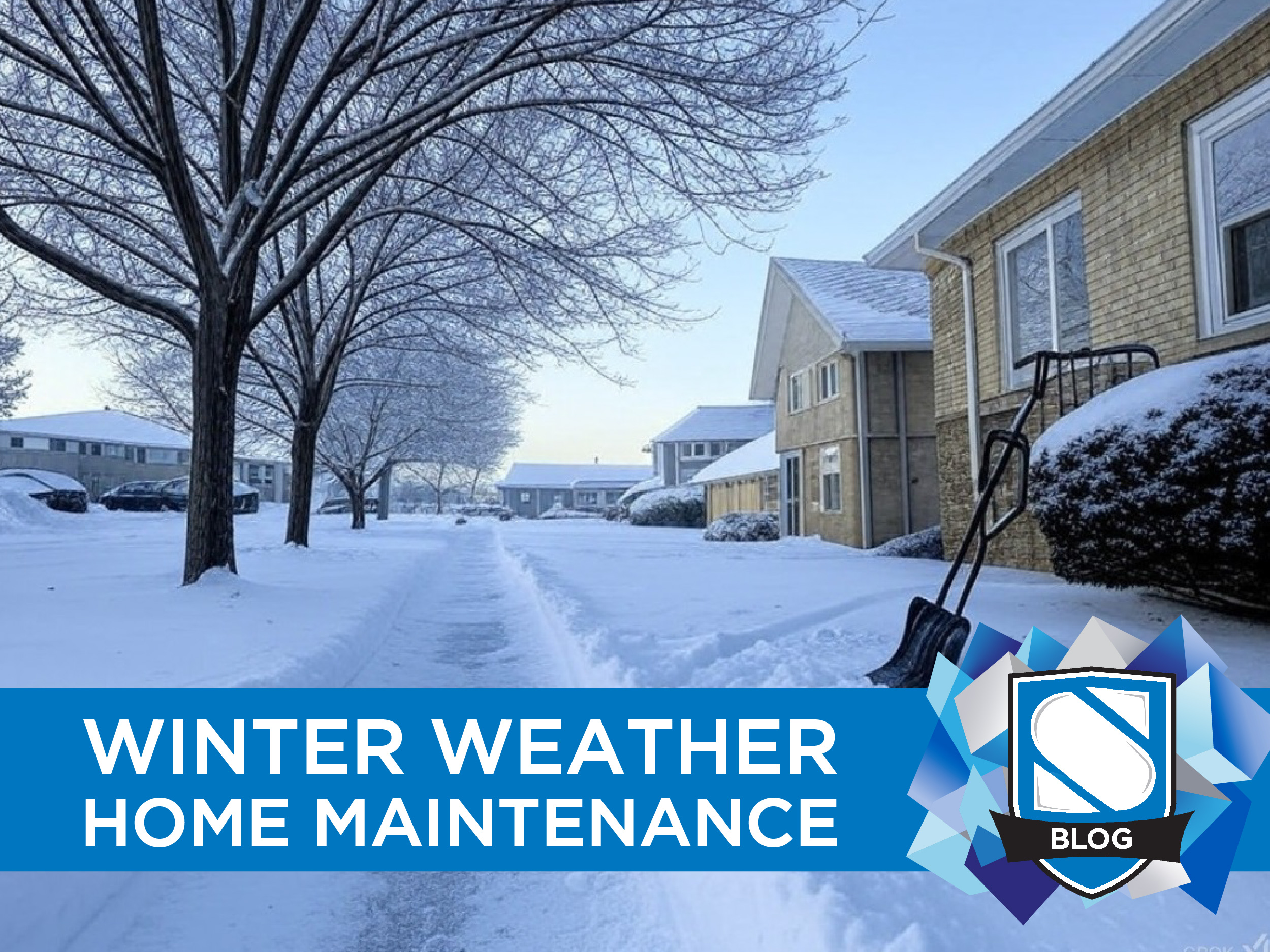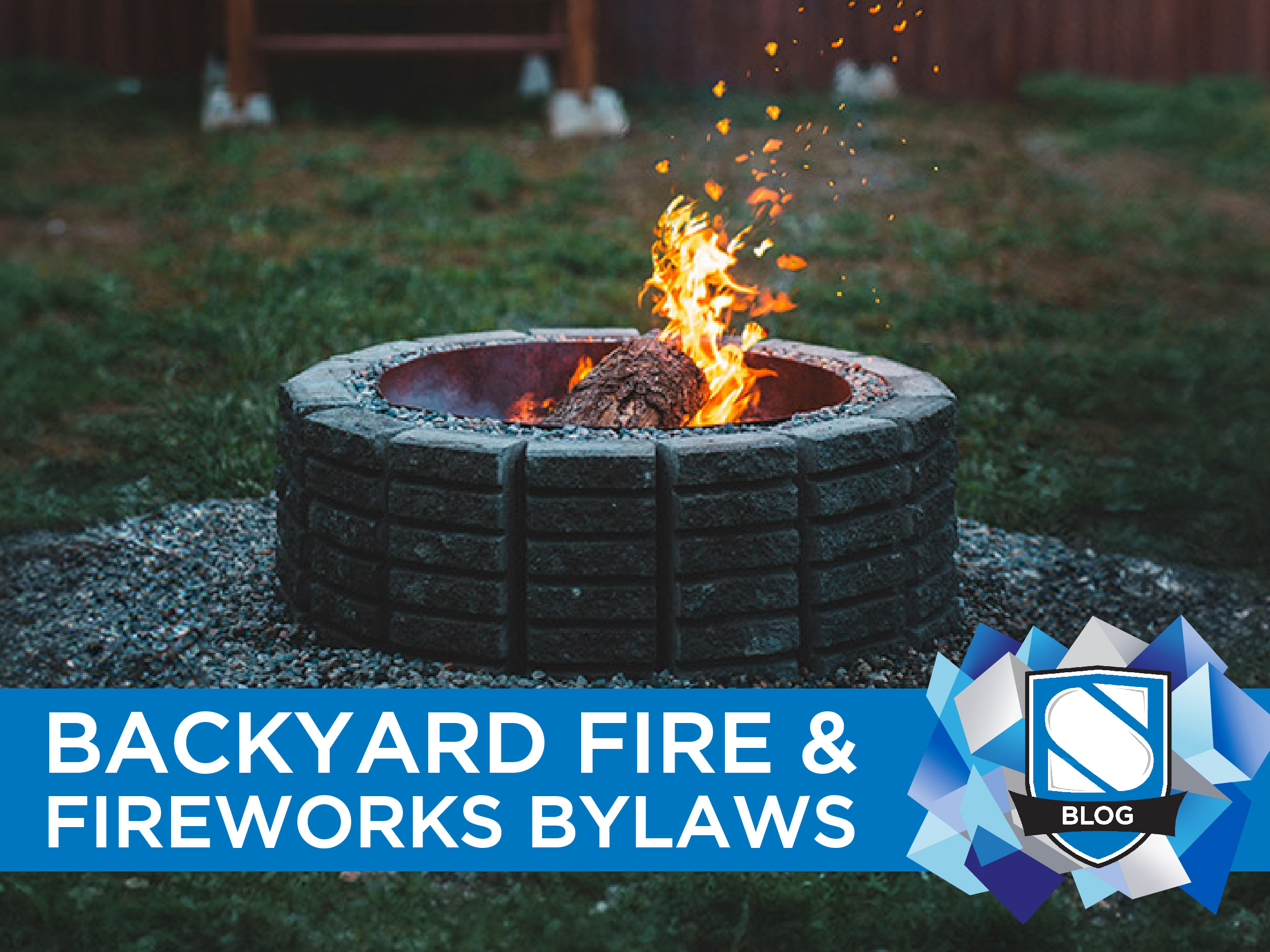The basement used to be the forgotten room of the house. The dusty storage facility stacked with old bicycles, tool boxes with missing pieces, and long forgotten guitars, drum kits, and pottery supplies from discarded hobbies.
Nowadays, the basement is cool. It’s the family den with the big comfy couch and the cool shelf of board games. It’s the “man-cave” with the big screen TV and mini-fridge for long relaxing “Dadurday” afternoons. It’s the high schoolers “apartment,” or even an actual rental property depending on your situation (basement sublets are more popular than ever). Basements went from the dank, under used cellar of the home to one of the hottest spots for the average family.
And unfortunately, that’s risky.
While our perception of the basement might have changed, mother nature looks at them the same as ever – as the lowest point for water to seek. Flooding, leaking, and seepage are still real threats to your basement no matter how tastefully decorated the space is. Only now when you have a flood, instead of having to deal with a bunch of soggy junk that was just taking up space anyway, you’re shifting through the water-logged remains of the entertainment and relaxation hub of your home.
This is why it is more important than ever to know exactly what your homeowner and water damage policy covers in the event of an incident. For example, damage caused by ground water seeping in through entrance ways or windows is generally not covered in your homeowners policy. One heavy rainstorm could spell disaster for your basement living space, especially if you’ve invested in wall-to-wall carpeting or high-end electronics such as a surround sound system or media center.
As we covered earlier in the month, flood and sewer backup insurance are often broken into separate discreet coverages. While you might think you’re covered in the case of a flooded basement, depending on your policy and how the water comes in, that may or may not be the case. You don’t want to find out you can’t replace those beautiful leather recliners you just picked up after a flood because you didn’t have the “right” type of insurance to cover them.
All of this leads back to a fundamental rule of home ownership – whenever you make improvements to your home (including finishing your basement) it’s important to call your insurance broker and let them know. Always consult an insurance professional when you make any kind of serious change or investment in your home. From remodeling to new furniture, they can help you navigate the sometimes confusing process of making sure it’s all covered. They’ll keep you aware of important information, like the fact that a finished basement will raise the replacement cost value of your home, or what can and can’t be covered under contents insurance.
Protecting your basement living space doesn’t have to be a hassle or a huge expense. Depending on your current policies, what is in the basement, and what you intend to use the space for, the impact on your premiums could be minor while still providing you with complete protection.
If you’ve recently converted your dusty old basement into a comfy lounge or rec room, make sure it has the protection it deserves! Talk to your broker about water damage and make sure you won’t be sunk due to flooding or backup.














0 Comments